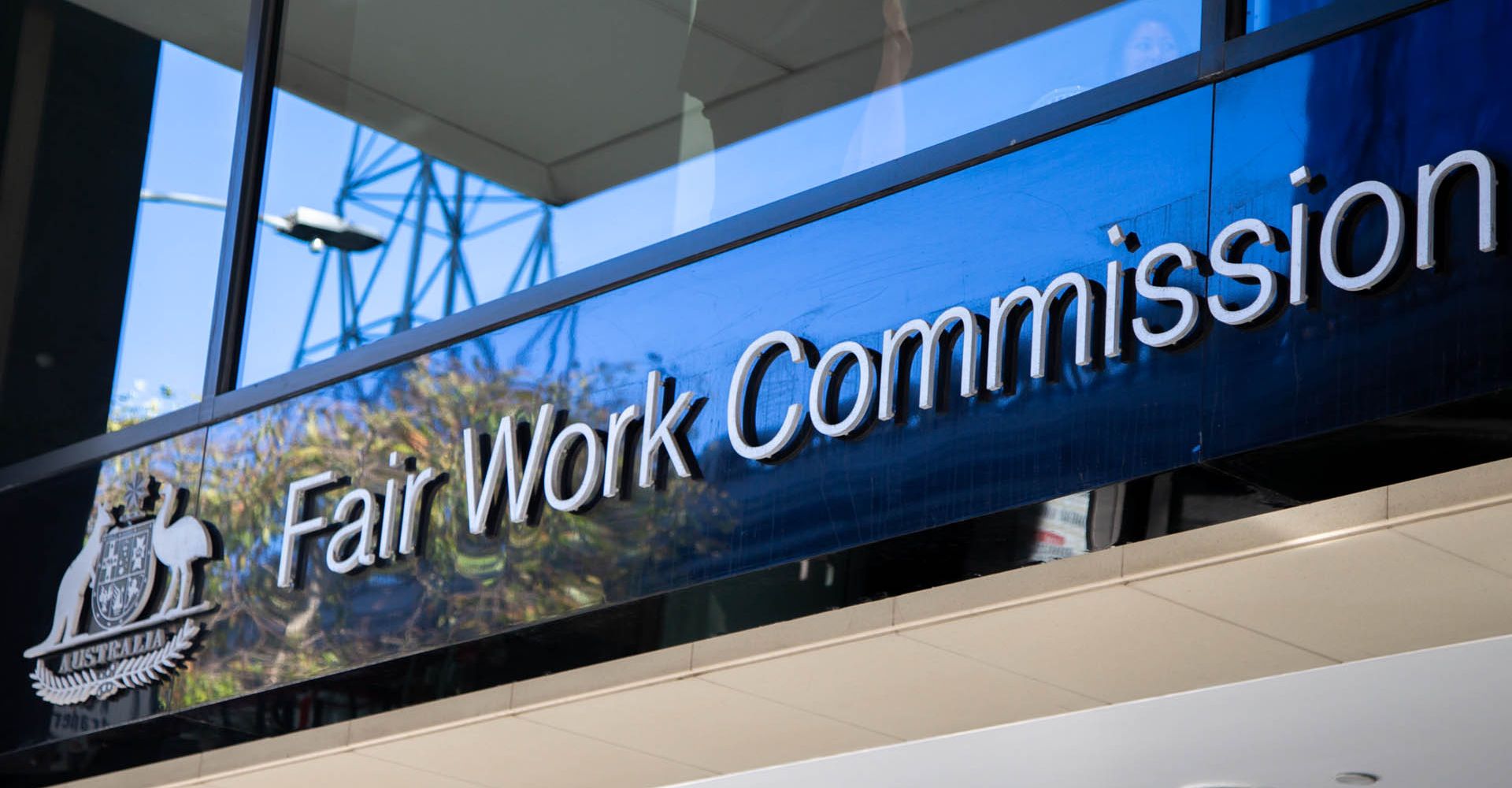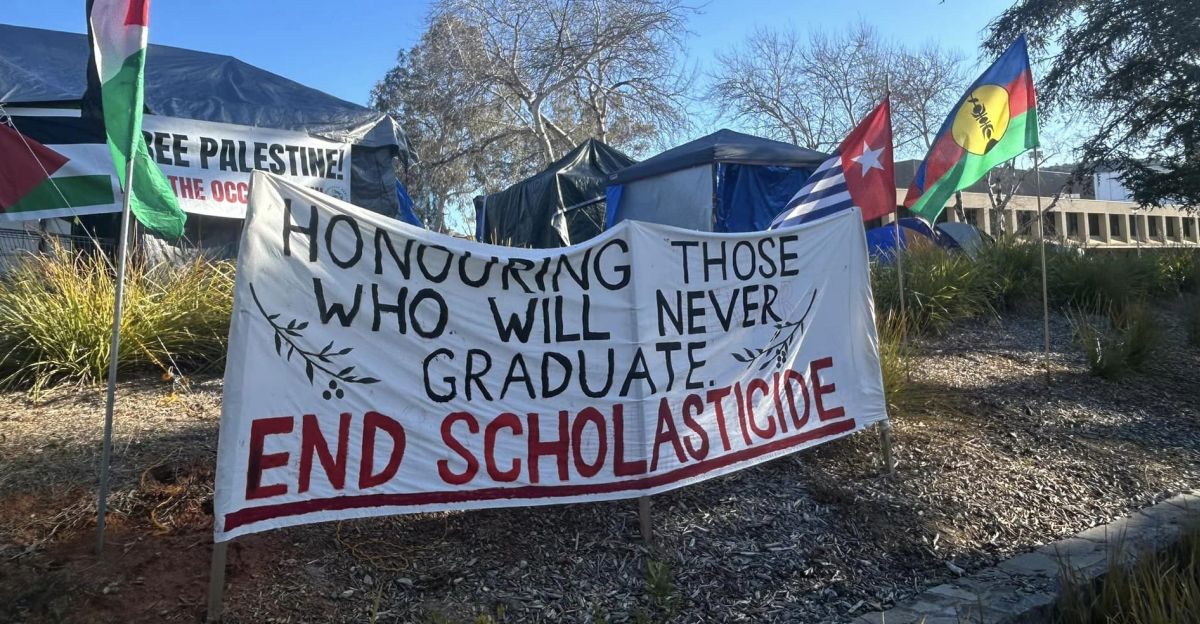The National Higher Education Action Network is a new collective of university staff campaigning for democratic, properly funded universities. In response to the disastrous funding reforms announced by Dan Tehan in June, we’re inviting all our colleagues, whether academic or professional, ongoing or precarious, employed or currently out of work, to join an online National Assembly of University Staff from 2-3.30 pm on Tuesday August 4, when Federal Parliament resumes. The Assembly will consider a motion opposing the government’s latest defunding measures and call for the properly supported, equitable tertiary education system that society needs.
The cuts proposed by the minister for education are designed to defund university education across the spectrum of disciplines, directly undermine numerous subjects – including but not limited to the humanities and environmental science – and shift the responsibility for funding university education onto students. Forty per cent of students will pay ninety-three per cent of the cost of their course, effectively abolishing the principle that education is a public good. The proposal is a drastic step towards further privatising education. We must collectively draw a line in the sand and organise to defeat it.
There is only a small window of time to come together to oppose Tehan’s reforms. A motion of opposition at a national meeting, voted on by university staff themselves, will be a powerful statement that the Education Minister does not enjoy the confidence of university staff, and will provide support to opponents of the Bill in and outside Parliament.
A massive social regression
If Tehan’s reforms pass parliament, government funding will cover only a minority of university teaching costs for the first time since fees were introduced. This will intensify austerity measures in a sector already brought to its knees by the coronavirus pandemic. The consequences will be the most severe for younger, casualised and precarious staff, for women and for Indigenous colleagues. In a country in which university was once free, this is a massive social and political regression. Enough is enough.
University workers are, of course, fearful, angry, frustrated, exhausted and confused. But we are also committed to tertiary education as a crucial public institution and social good, and so we recognise that we have no choice but to defend it ourselves, collectively. Traditional channels are slow to respond and limited in the actions they are prepared to take. University vice-chancellors either show little willingness to defend their institutions against federal cuts or are determined proponents of the further marketisation of the tertiary education sector. They cannot be relied upon to defend universities. In contrast, we prefer to continue the proud record of collective resistance on the part of university staff themselves, in the spirit of the successful defeat of plans to deregulate university fees in 2014.
We call on all university staff to join us in opposing cuts to government funding, beginning with the National Assembly and continuing through a series of escalating protest actions. At the Assembly, in addition to the motion of opposition to the Tehan reforms, we will present a proposal for a staged, careful, strategic and democratically organised sequence of actions that tertiary education staff can take, in conjunction with students and the broader public, to campaign for federal support for universities commensurate with their vital contribution to society. With careful preparation over time, we believe we can organise to overcome the obstacles of existing industrial relations legislation, and take action up to and including strike action to press for the funding arrangements that universities, and society, need.
Bleeding universities dry
For decades now, governments have slowly bled universities dry. The burden has been largely placed onto a casualised and precarious workforce, who suffer under exploitative working conditions characterised by systematic wage-theft, zero support and next to no opportunity to gain secure employment. Job losses, casualisation and continual cuts to funding have manufactured a crisis.
The corporatisation of universities has seen educational standards suffer, class sizes skyrocket and job security disappear for most of the workforce as a result of rampant casualisation. Now, after being deliberately excluded from Jobkeeper, many academics and professionals are facing unemployment or losing hard-won pay and conditions. Redundancies among precarious staff threaten a lost generation of academics.
The Morrison Government is deciding on behalf of universities what good research and teaching look like: a mere pipeline to ‘job-readiness’ and particular industrial ‘outcomes.’ If Tehan’s cuts are passed, actual funding for universities will decline dramatically, as will the quality of education and research. It is untenable for universities to continue to deal with this reduction in funding by forcing more work onto staff and degrading both working conditions for staff and the conditions in which students learn.
Reasserting the idea of democratic universities
Now is the moment to speak out, harnessing our collective power as national university staff to reassert the idea of democratic universities. Public education is vital to an engaged, responsive democracy. We are in a recession where demand for tertiary education will only increase, including from those groups who have been further marginalised by COVID-19, such as precarious, lower SES and international students. Research and diverse new knowledge are needed now more than ever in a world confronted by environmental crisis and mass inequality, and in which democratic aspirations have been revitalised by the upswing of protest movements such as Black Lives Matter. The Federal Government is budgeting $270 billion for military spending but is massively defunding education. Acting now to turn the tide of austerity and corporatisation is key to setting a new trajectory for a fair, safe and equitable society.
Supporting students
We are taking the initiative of the National Assembly to protect not only our jobs, but also the hopes and aspirations of students. Students should not be threatened with debts that will either burden them financially or lead them to avoid further study in their chosen fields. Students have already held protest actions across the country and will continue to do so. It’s essential to support them. But we also need to respond as university staff. Others will not do it for us. The ALP has so far proven an ineffective ally, and unions have so far been hamstrung by their unwillingness to challenge unjust industrial relations laws. Yet it is commonly admitted that industrial action is the only effective tool we possess in order to achieve a university system that benefits society as a whole, rather than just the private sector. The assembly is a first response to the limitations we find ourselves under, and aims to empower staff to respond to the current threats to our workplaces.
Undertaking successful collective action in a hostile legal environment
Strike action has won many of the conditions we enjoy today in both universities and society more broadly. That is precisely why existing industrial laws are so punitive – and it means that if we want to produce genuine change, we need to assert, and ultimately exercise, our right to strike in spite of them. Doing so on a large scale, across the country, at a coordinated time, and after building alliances with students and other groups, will be our best guarantee against the industrial laws that aim to cancel our rights.
Any national industrial action requires patient, careful preparation. This National Assembly is an urgent first step in discussing the practical actions that can be taken – starting with its main purpose, an unequivocal statement of opposition to Tehan’s reforms. The long-term neglect of universities as well as their current crisis demand more voices to defend them, not fewer. Join us on 4 August 2020 to add your voice to help save university education. We need you.
Image: Judy Dean






